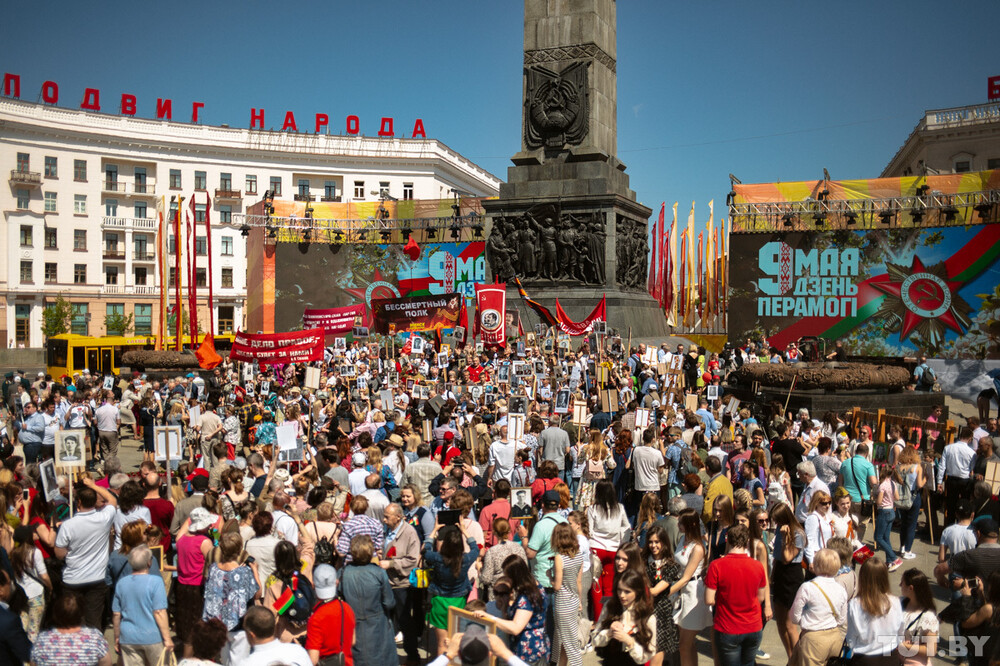Public History in Belarus
2020
Project objectives
Creating a series of thematic podcasts about various aspects of the past in an attempt to independently and critically deal with the worries encountered when embracing the historical past.
Project description
1. How do we remember the First World War in Belarus? (Nikita Balabin)
We attach little importance to the First World War, and our memories of it are very superficial, unlike the Second World War. Such a view is unfair from the perspective of historical significance and relevance. The question of special memory in relation to the First World War is not only an issue of classical historical science, but also of how we generally try to construct a national history.
2. Why do we celebrate May 9th? (Sofia Filipovich)
Why has Victory Day become such a popular holiday? What meanings does it bear? What are we celebrating? It is necessary to agree that by “May 9” we mean not a specific day, but rather a semantic (symbolic) construct that is used to form a certain image of power and ideology / to create a collective identity / as a message in the internal and external political field.
3. Why does Belarus neglect the historical heritage in need of preservation? (Svetlana Vashchilo)
Is it possible to divide our society into those who recognise the historical and architectural heritage, and those who do not? What role do different actors play in this, including the state?
4. What were you singing about in your free time in Belarus, in the early 1990s? (Alexey Busleiko)
The everyday musical life of the early 1990s - what was it like in Belarus, what topics were part of performances and recordings of the bands at the times when “everything is already allowed, but it’s still not clear what to do”? Five examples of ideas, texts and music.
5. Impossible to demolish (Lera Murashko)
Over the course of 75 years, heroism and greatness have taken on a monumental form. Many questions arise: do patriotism and courage really look like this? How many concrete slabs does one need to honor memory? Is there a substitute for the traditional rituals of May 9? Let us turn to the news agenda and alternative contexts of sculptural practices.
Project outcomes
A series of individual podcasts prepared by students at the European College of Liberal Arts in Minsk as part of the course “Debates on the Historical Past in Belarus”.